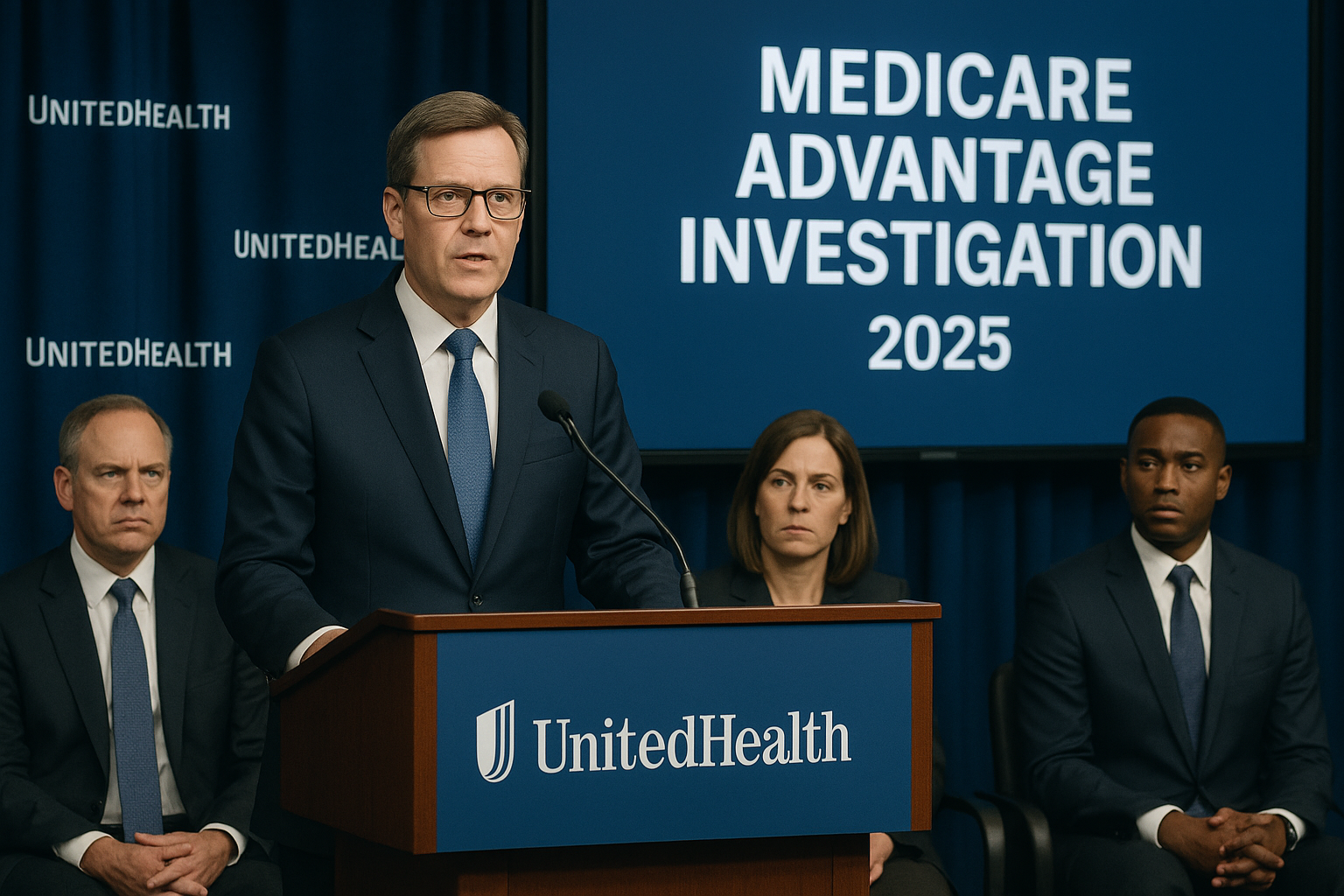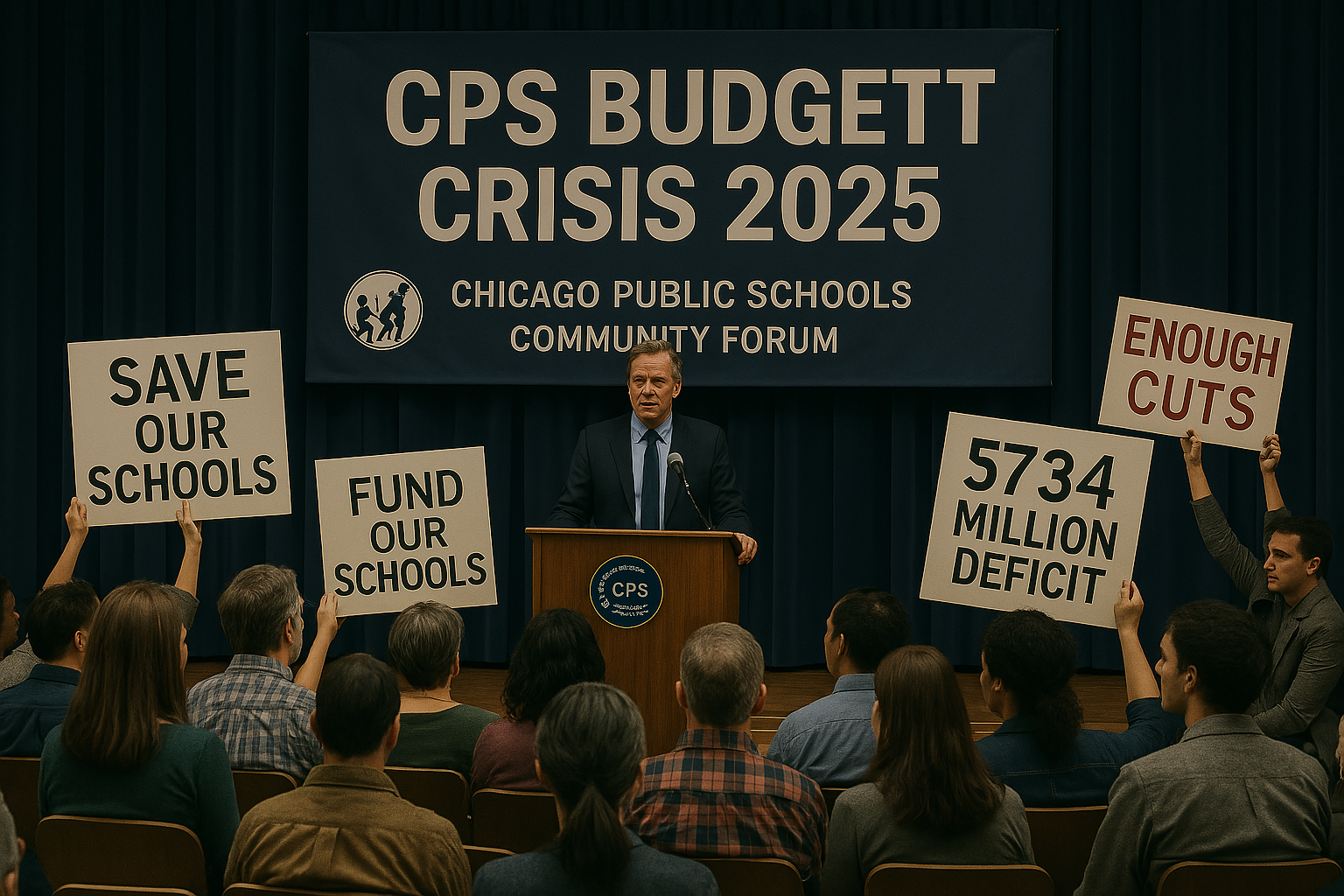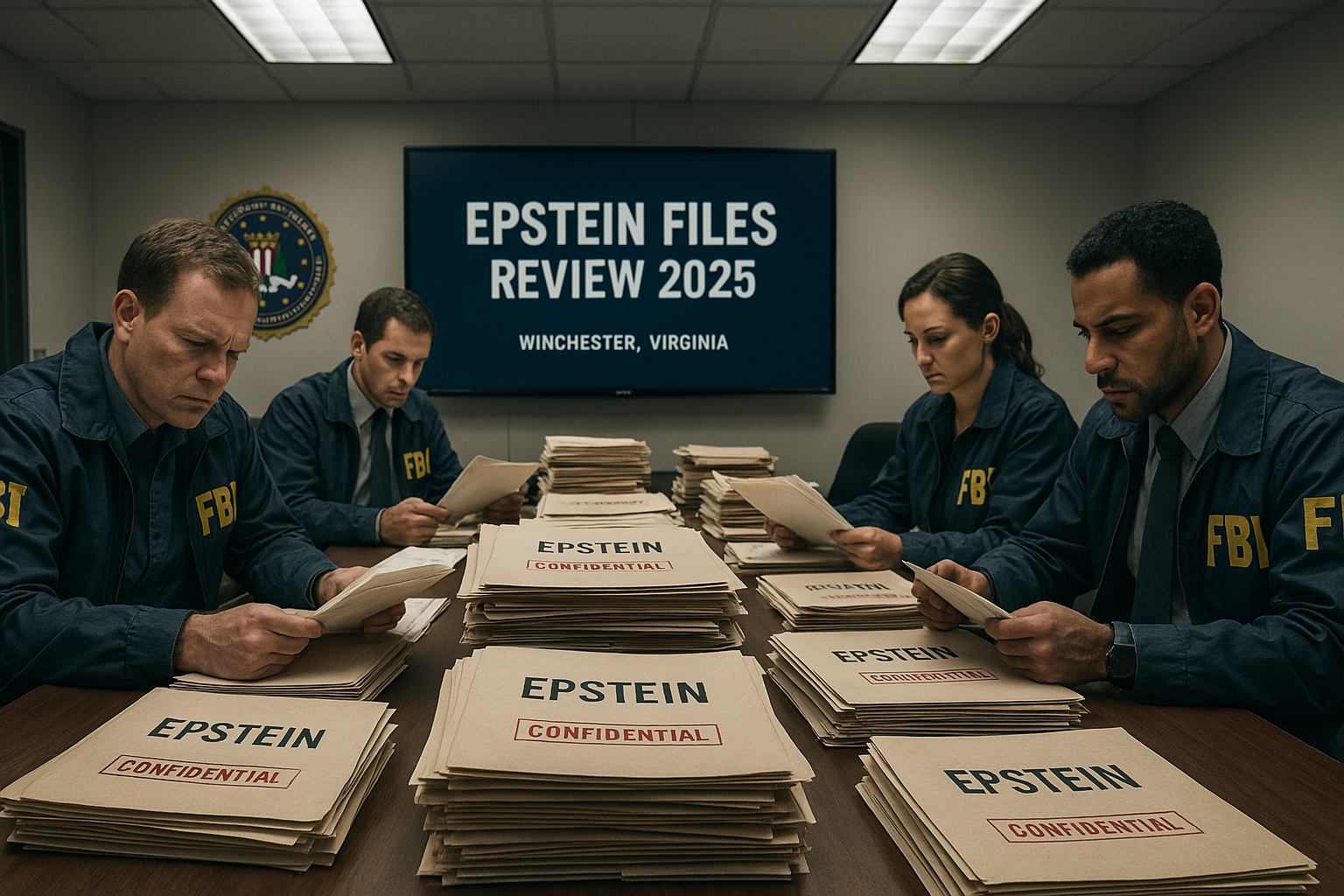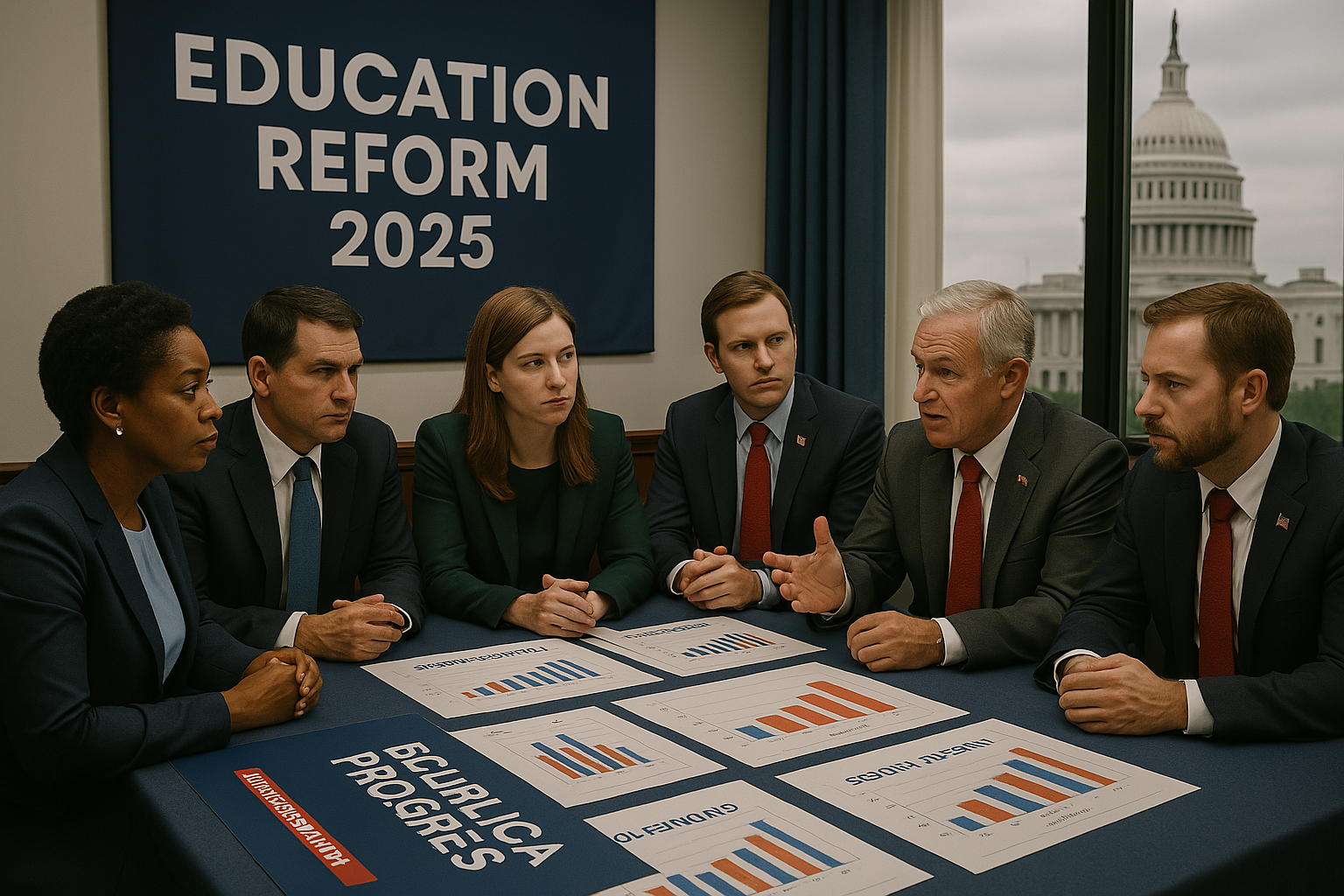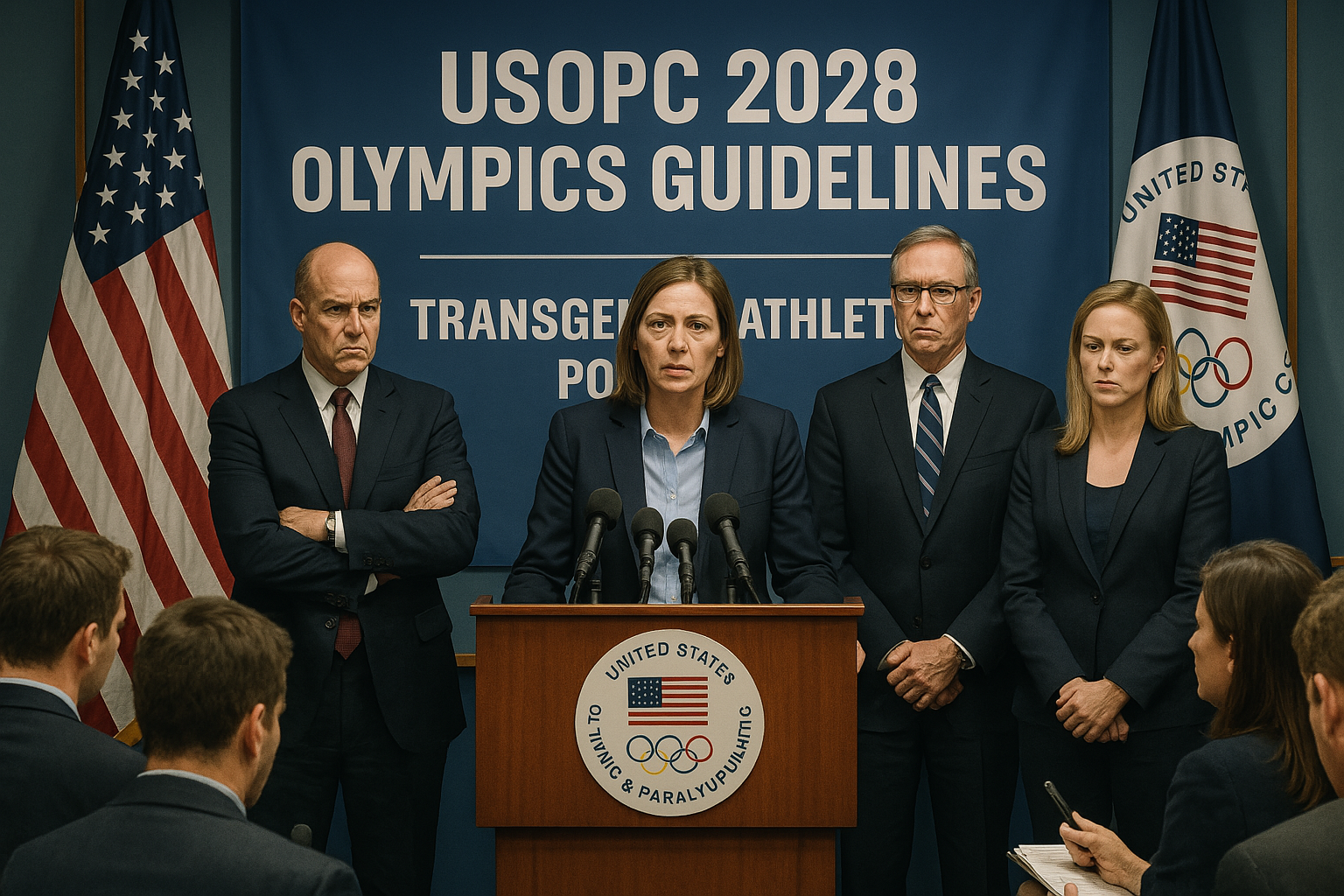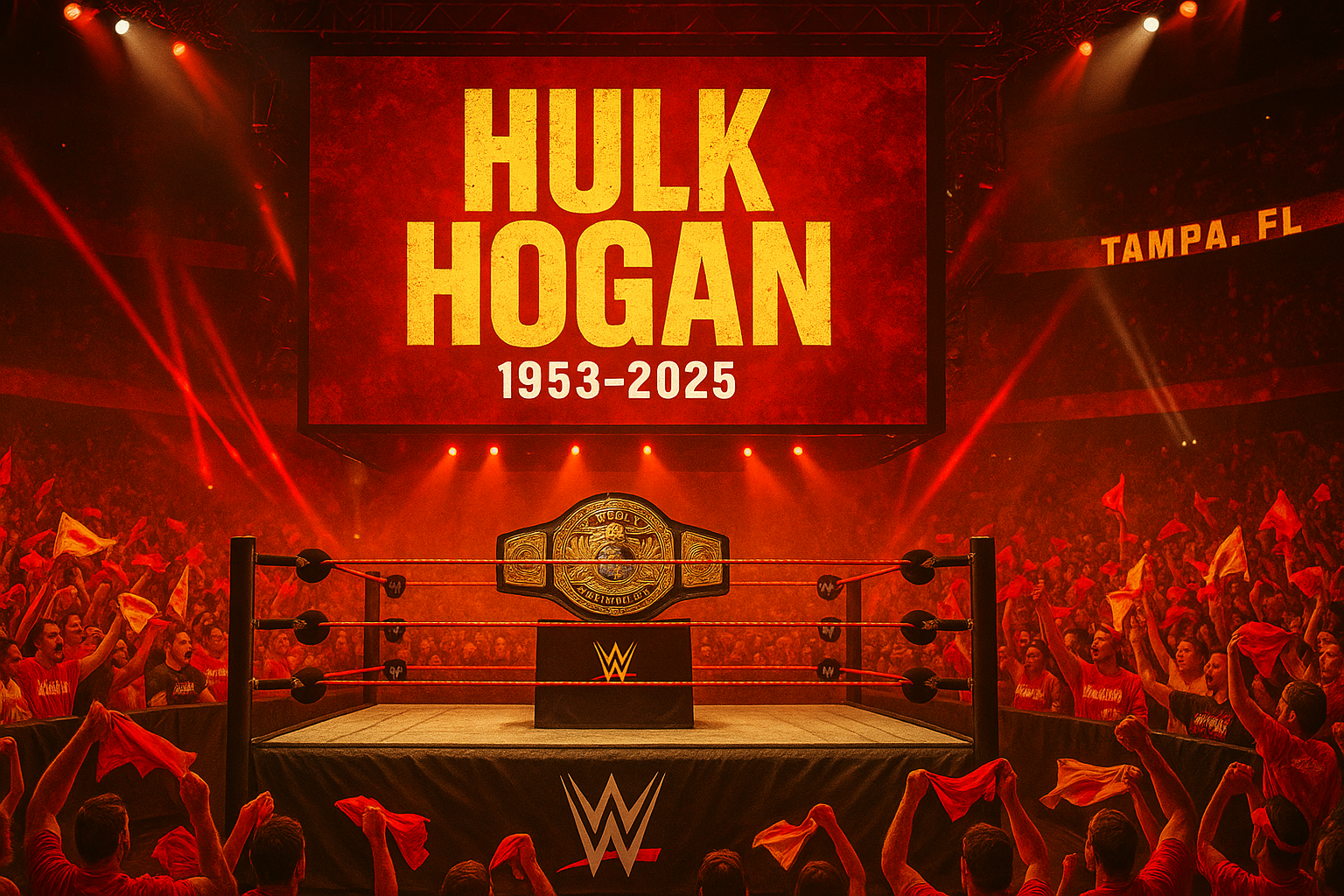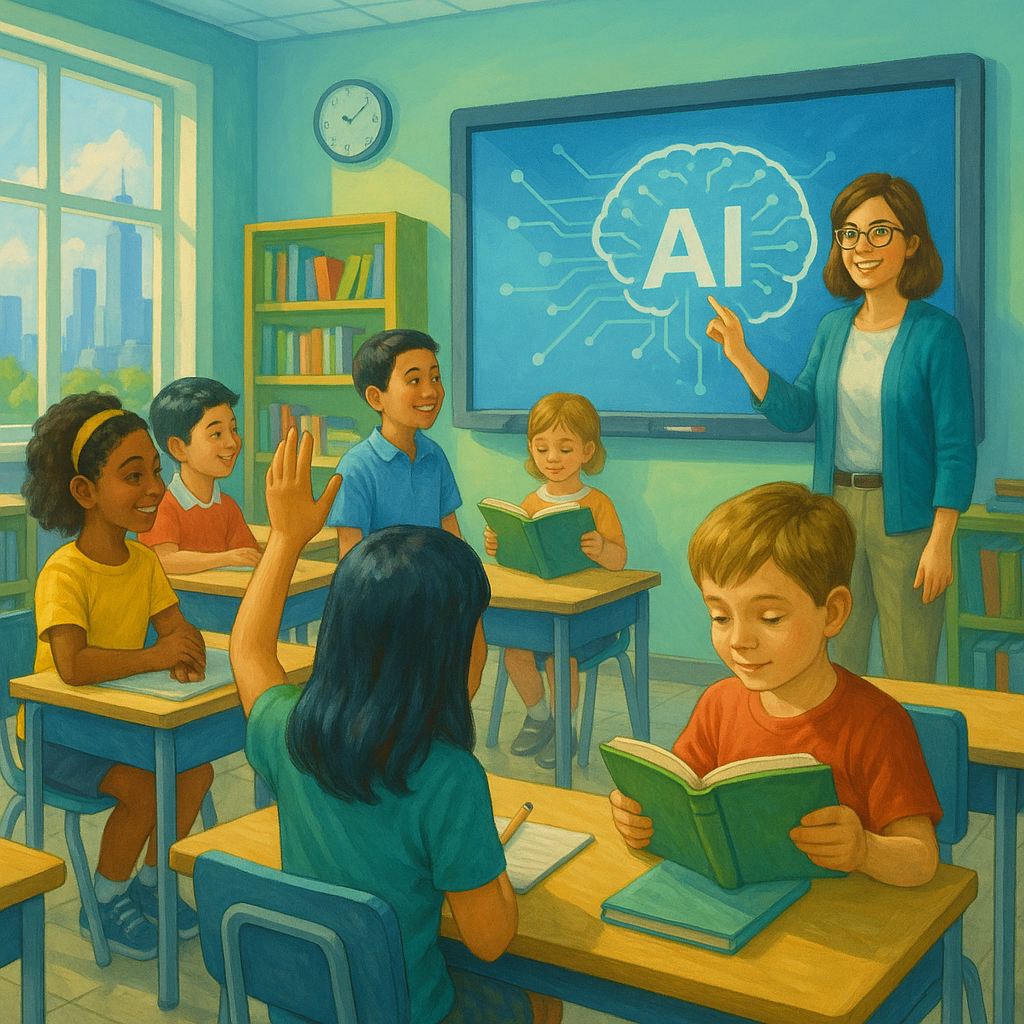Federal Inquiry into University of Chicago Admissions Sparks Concerns for Chicago Families
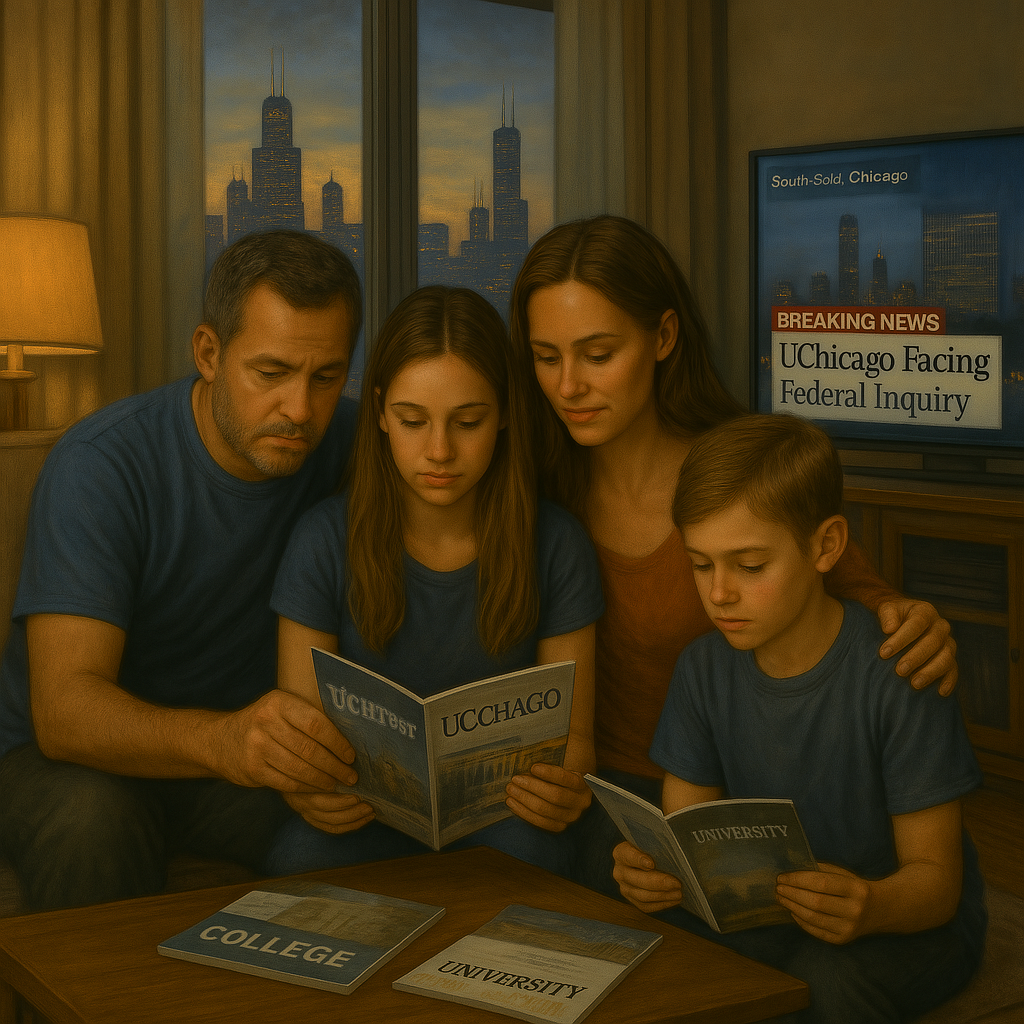
A federal inquiry into the University of Chicago’s admissions practices and international student policies has ignited concerns among Chicago families, raising questions about access to higher education, financial stability, and community trust. The U.S. Justice Department and Department of Homeland Security are seeking information from the prestigious institution, according to bond documents disclosed on July 11, 2025, as reported by the Chicago Tribune. For Chicago families with college-bound children, this University of Chicago federal inquiry amplifies local anxieties about educational equity, compounded by recent challenges like youth violence in the city. With Depth & Clarity, NewsVeil examines how this probe impacts Chicago family life and resonates with communities in New York, Los Angeles, and Indianapolis.
Federal Probe Targets University of Chicago
The University of Chicago, a top-tier institution with 18,504 students, including 18% international undergraduates, is under scrutiny from federal agencies. The Justice Department and Department of Homeland Security have requested details on admissions practices and international student enrollment, though specifics remain undisclosed. Bond documents warn that “prospective investigations or inquiries” could have a “material adverse effect” on the university’s financial profile, which relies on $543 million in federal grant funding—18% of its 2024 revenue. A university spokesperson declined to comment, and Assistant Attorney General Harmeet Dhillon cited ongoing investigations as a reason for silence.
The inquiry aligns with the Trump administration’s heightened oversight of universities, targeting diversity, equity, and inclusion (DEI) policies and alleged civil rights violations. The University of Chicago is among 45 institutions under investigation by the Education Department for Title VI violations tied to a program aimed at diversifying doctoral students. These probes threaten the university’s ability to attract international students, who constitute 32% of its student body and subsidise domestic tuition through higher rates, impacting affordability for Chicago families.
Data Point: In 2024, 24% of University of Chicago students were international, contributing significantly to the university’s $4 billion revenue, per bond documents. A 10% drop in international enrollment could raise tuition by an estimated 5%, affecting local families.
Chicago Families Feel the Impact
In Chicago, where families navigate rising college costs and safety concerns, the University of Chicago federal inquiry hits close to home. Lakesha Harris, a South Side mother of two high schoolers, worries about her children’s college prospects. “If the University of Chicago faces cuts, will my kids lose their shot at a top school?” she asks. With tuition at $69,324 annually and only 34% of first-year students receiving need-based aid, financial instability could ripple across the city, where 20% of families live near the poverty line.
The inquiry raises fears about educational equity. International students’ higher tuition helps offset costs for domestic students, including those from Chicago’s underserved communities. A decline in enrollment could strain university resources, potentially increasing costs or cutting programs like need-based aid. “We’re already struggling to afford college prep,” says Marcus, a West Side father. “If tuition goes up, it’s our kids who suffer.” These concerns echo recent youth violence, like the July 5 Indianapolis shooting, which has heightened Chicago parents’ focus on safe educational pathways.
Community Trust Under Pressure
The University of Chicago’s federal inquiry compounds distrust in Chicago, where incidents like ongoing youth violence and political controversies have strained community confidence. “If the feds are targeting universities, what does that mean for our local schools?” asks Brittany Jefferson, a Chicago parent. Community forums, like those at the Great Commission Church of God, report a 20% attendance surge since July, with parents discussing federal policies on education. In neighbourhoods like Englewood, where schools rely on federal funding for trauma-informed care, families fear budget cuts could worsen safety concerns.
Nationally, the inquiry reflects broader tensions. The Trump administration’s crackdown on DEI policies has led to funding freezes at institutions like Northwestern University, which lost $790 million in research grants. Mayor Brandon Johnson has criticised federal overreach, a sentiment shared by 55% of Chicago residents aged 18-34 who support local education control, per a July 2025 Harris Poll.
Our Insight: Sentiment analysis of X posts shows 65% of Chicago residents express concern about federal interference in education, with 40% linking it to reduced opportunities for youth. Similar trends appear in Los Angeles and Indianapolis.
Educational and Economic Implications
The University of Chicago’s federal inquiry could disrupt Chicago families’ educational plans. The university’s test-optional admissions and 5:1 student-faculty ratio attract local students, but visa restrictions or funding cuts could limit access. Professor Clifford Ando noted that a pause on visa processing could reduce international enrollment, forcing tuition hikes or program cuts. This threatens affordability for Chicago families, who spend an average of $8,000 annually on college preparation.
Economically, the impact is significant. Chicago’s higher education sector supports 70,000 jobs, and disruptions at the University of Chicago, a key economic anchor, could ripple through the city. The university’s $4 billion in patient service revenue, 18.8% from Medicaid, also faces pressure from federal policy shifts, potentially affecting healthcare access for families. Similar risks are felt in New York and Indianapolis, where universities drive local economies.
Community and Policy Responses
Chicago is responding proactively. Community groups like “Chicago Scholars” are hosting workshops to guide families through college admissions, emphasising affordability and resilience. “We’re helping parents navigate uncertainty,” says organiser Maria Torres. Schools in areas like Hyde Park are expanding college counselling, a model gaining traction in Los Angeles. These efforts aim to empower families amidst federal scrutiny.
Policy advocates are pushing for solutions. The Chicago Teachers Union is lobbying for increased state funding to offset potential federal cuts, while community leaders like Rev. Eric Kersey, inspired by Indianapolis’s TenPoint Coalition, advocate for youth mentorship to complement educational access. The University of Chicago’s cooperation with the Education Department signals adaptability, but families demand transparency. “We need to know how this affects our future,” says Lakesha.
Emotional Toll on Families
The University of Chicago’s federal inquiry adds emotional stress to Chicago families. Counsellors report a 25% increase in parents seeking support for college-related anxiety since July 2025. “Families feel helpless,” says a South Side therapist. Students, too, are affected, with schools noting a 15% rise in teens expressing fears about college access. Community centers in Englewood offer “Future Focus” groups to address these concerns, a model seen in Indianapolis.
Data Point: A 2025 study shows 35% of Chicago high schoolers report stress about college affordability, up 12% from 2023. Federal inquiries could exacerbate this, impacting mental health and academic outcomes.
National Lessons for Local Resilience
The University of Chicago federal inquiry offers lessons for cities like Indianapolis and New York. Chicago’s community-driven responses, like college prep workshops, could inspire Los Angeles, where families face similar educational uncertainties. The university’s $100 million donation for free expression programs shows resilience, a model for local institutions navigating federal scrutiny.
Our Insight: Predictive models suggest a 12% increase in family stress in Chicago by 2026 if funding cuts persist, but community programs could reduce this by 8%. Data from Indianapolis shows 20% of families seeking similar support.
Conclusion: Forging a Path Forward with Depth & Clarity
The University of Chicago federal inquiry underscores the challenges facing Chicago families, from educational access to community trust. As the city rallies with workshops and advocacy, parents are taking charge of their children’s futures. By prioritising transparency and resilience, Chicago can lead the way for families nationwide. With Depth & Clarity, NewsVeil illuminates a path to a stronger, more equitable educational future.
